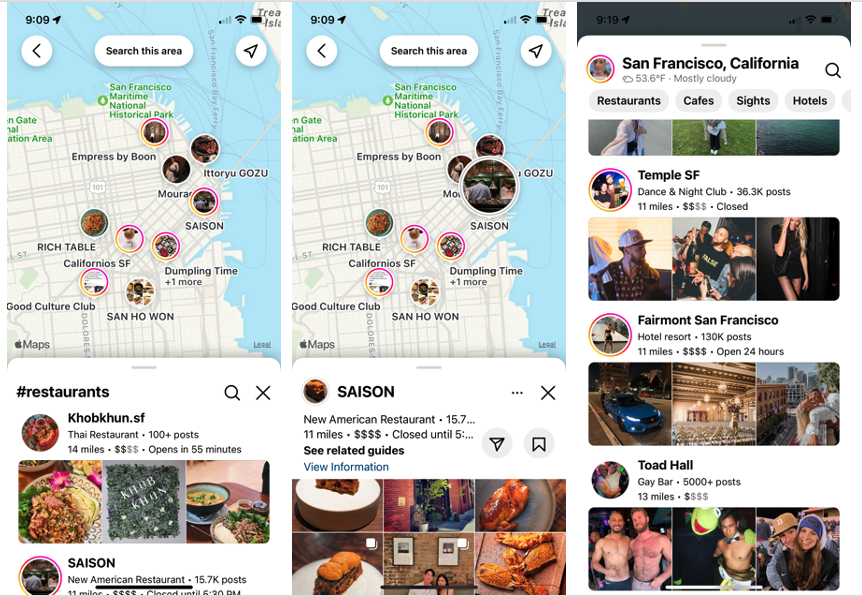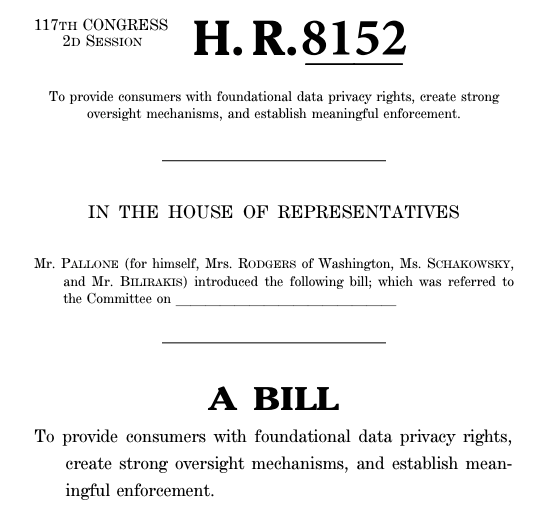Fake Reviews Action, Instagram #LocalSearch, Opt-In/Out Battle

Some Action on Fake Reviews
Facebook groups are among the major sources of fake reviews across the internet. However, the company has shown little interest in shutting down the fraud factory. So Amazon is now directly suing "administrators of more than 10,000 Facebook groups that attempt to orchestrate fake reviews on Amazon in exchange for money or free products." The e-commerce platform has taken similar (but more limited) action in the past. This move represents something of an escalation. Beyond declining trust in online reviews, Amazon is likely responding to growing regulatory and legal pressure in Europe and the US. Separately, Google announced it was taking action against the now-national one-star review extortion scam, telling businesses to not pay and flag fake reviews for removal.

Our take:
- Unlike in the past, Google has been quick to address the 1-star review extortion scam, which became a national problem very quickly.
- Fake reviews are getting worse not better. And in SMB contexts, they can be extremely damaging. But there are options and solutions.
- Reviews as ranking and conversion factors are what's driving the fraud. Declining trust may also be contributing to younger users turning to Google alternatives for local search.
Instagram Map #LocalSearch
Instagram has introduced an upgraded, interactive and searchable map experience. Users can now search, browse and drag maps to find things nearby. Results can also be filtered by categories such as restaurants, hotels, cafes, sights. The previous Instagram map featured only posts and couldn't easily be used as a local search tool. Users can also now search by tagged locations. And locations can be saved and shared with contacts. I found it somewhat awkward in my brief testing this morning, but I'm not a heavy instagram user. As we previously discussed, Google SVP Prabhakar Raghavan said last week that internal Google research found up to 40% of younger users were conducting local searches on TikTok and Instagram instead of Google.

Our take:
- One of Facebook's great missed opportunities has been the failure to develop a consumer-facing, competitive local search capability.
- Facebook has tried and failed in the past to create local search tools and apps (e.g., here, here). It also blew it by not acquiring Waze in 2013.
- The Instagram map is building on existing user behavior; it stands a chance of gaining meaningful user adoption. We'll have to see.
American Privacy Act: Opt-In/Out Battle
The American Data Privacy and Protection Act (.pdf) looks like it will make it out of committee, a watershed moment and a step toward a floor vote. This moment is a byproduct of significant compromises and amendments. Among other things it would pre-empt the majority of state digital privacy laws, including California's. That's a win for the industry, seeking uniform national privacy regulation. The current version of the Act, however, contains contradictory language about whether data collection and ad targeting will be opt-in or opt out. One provision, Section 102 (a)(4), provides that an entity shall not "collect, process or transfer an individual’s aggregated internet search or browsing history, except with the affirmative express consent of the individual." However, Section 210 discusses "unified opt-out mechanisms" for individual privacy. Industry trade groups are lobbying for an opt-out approach to ad targeting – for obvious reasons.

Our take:
- Opt-out systems have not been effective for consumers. They become subject to "dark patterns," as sites/platforms seek to confuse and prevent opting-out.
- If an opt-in system ultimately becomes the default – the ethical approach – it would fundamentally disrupt third party data. First party data is different.
- By analogy, iOS targeting opt-in rates are below 25%. Opt-In wouldn't be the end of ad-supported content/online ad targeting. Contextual, AI are available for example.
Recent Analysis
- 'White Pages' Websites Losing Search Visibility, by Chris Silver Smith.
- Near Memo episode 73: Indie bookstores rebound, privacy abuses abound, shunning Google for TikTok.
Short Takes
- SEO for TikTok taking shape.
- Review extortion shows strengths, weaknesses of local ecosystem.
- YouTube in deal with Shopify for live shopping capabilities.
- You can now buy things from SMBs in Instagram chats.
- Google, Amazon, FB: Internal docs show anti-competition strategies.
- Europe: Google now allowing app developers to use rival payments.
- Denmark bans Chromebooks, Google Workspace; they fail GDPR.
- Google testing Knowledge Panel interactive card element.
- Google Wallet starts replacing Google Pay in 39 countries.
- Consumers mostly unhappy with what they found on Prime Day.
- Macy's will roll out Toys R Us in-store shops in all locations.
- BMW heated steering wheel: Dangers of the subscription economy.
- Forecast: Local OTT advertising to reach $2 billion this year.
- Netflix: End of linear TV coming within a decade.
- Google to begin testing new AR glasses prototypes in "real world."
- Mozilla: AI helps the powerful, hurts the vulnerable.
Listen to our latest podcast.

How can we make this better? Email us with suggestions and recommendations.

